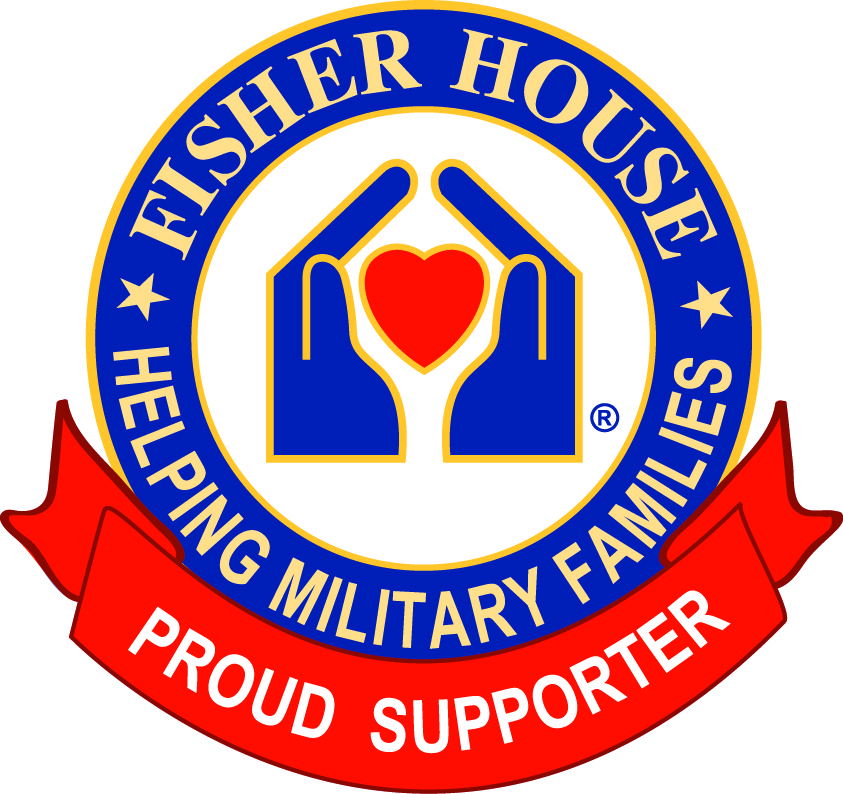As a landlord in Washington, DC, or Maryland, obtaining a rental license isn’t just a recommendation—it’s a legal necessity. Beyond compliance, securing a rental license ensures that you and your tenants are protected, while also enhancing the professionalism and credibility of your rental business. Here’s a detailed look at why a rental license is essential for landlords in these regions.
Legal Compliance
Of course, before discussing anything else, the legal element of licensing cannot be overstated. In both DC and Maryland, landlords are required to obtain a rental license before leasing out their properties. Operating without one can result in significant penalties, including fines, legal actions, and potential invalidation of your lease agreements.
Key Requirements:
Washington, DC: Rental properties must be registered with the Department of Consumer and Regulatory Affairs (DCRA) and pass a basic housing inspection.
Maryland: Requirements vary by county but often include property inspections and adherence to local housing codes.

Enforceability of Lease Agreements
In jurisdictions like DC and Maryland, an unlicensed landlord may find their lease agreements unenforceable in court. This can make it challenging to:
Pursue eviction proceedings for non-payment of rent
Enforce lease terms if disputes arise
A valid rental license ensures that you have full legal backing to manage your property effectively.
Tax Benefits and Deductions
Rental licenses also play a role in tax compliance. Licensed landlords can more easily claim deductions related to property management, repairs, and other expenses.
Examples of Deductible Expenses:
Licensing fees
Repairs required to meet inspection standards
Property management services
Maintaining a license ensures your business operates transparently, helping you maximize your tax benefits.
Enhancing Property Value and Credibility
Licensed rental properties are often seen as more legitimate and trustworthy by tenants and real estate professionals. Additionally, properties with valid rental licenses may have higher resale values, as they demonstrate adherence to local regulations and proper management practices.
How Licensing Improves Credibility:
Signifies professionalism
Attracts responsible tenants
Establishes a positive reputation in the rental market
How to Obtain a Rental License
In Washington, DC:
Register Your Property: File with the DCRA and obtain a Basic Business License (BBL).
Pass Inspection: Ensure your property meets housing code requirements.
Submit the Application: Pay the necessary fees and provide documentation.
In Maryland:
Check Local Requirements: Each county has its own licensing process.
Prepare for Inspection: Address any potential code violations.
Complete the Application: Submit all required paperwork and fees to the relevant county authority.
A rental license is more than just a bureaucratic requirement—it’s a cornerstone of responsible property management. By obtaining and maintaining a rental license in DC or Maryland, you protect your business, provide security for your tenants, and build long-term success in the competitive rental market.
Are you ready to simplify the rental licensing process? Renters Warehouse DC/NoVA is here to help! Contact us today to learn more about how we can assist you with licensing, tenant screening, and full-service property management.

